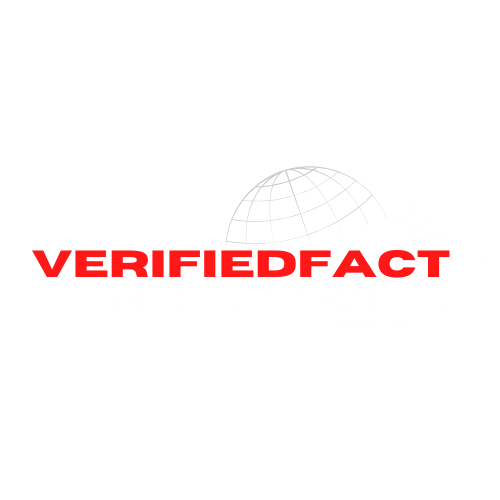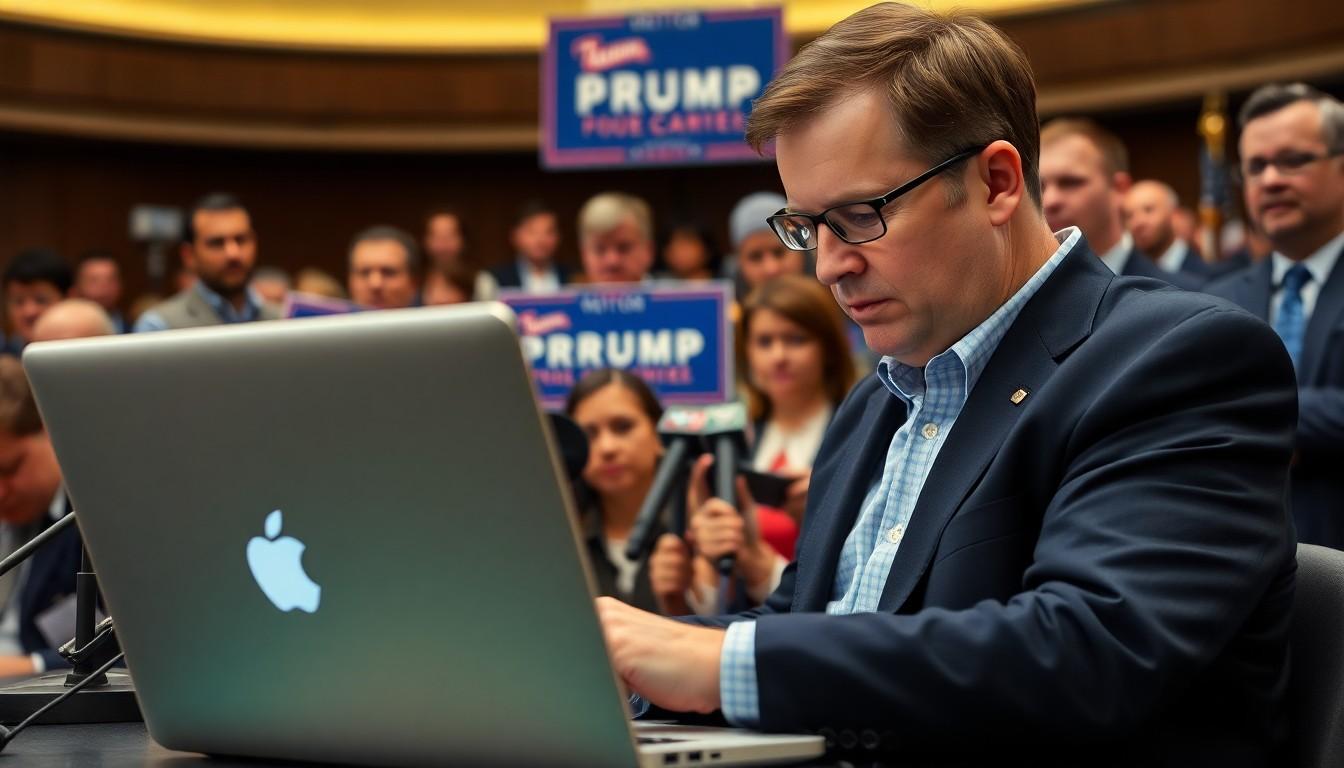In a world where political drama rivals even the most thrilling soap operas, political journalism stands as the unsung hero delivering the juicy details. It’s not just about reporting the news; it’s about unraveling the tangled web of power, influence, and, let’s face it, some truly bizarre characters. From the latest scandal to the most outrageous campaign promises, these journalists dive headfirst into the fray, armed with nothing but a notepad and a caffeine addiction.
But why should anyone care? Because political journalism shapes opinions and influences decisions that affect everyday lives. It’s the watchdog keeping politicians on their toes and ensuring that the public is informed. So grab your popcorn and settle in as we explore the fascinating world of political journalism, where the stakes are high and the stories are even higher.
Political Journalism
Political journalism encompasses the collection, analysis, and dissemination of news related to politics and governance. It serves to inform citizens about governmental actions, policies, and political events.
Definition and Scope
Political journalism refers to reporting that focuses on government activities, political processes, and public policy issues. It includes various formats, such as articles, broadcasts, and podcasts. Investigative reporting often unveils corruption or unethical behavior among politicians. Coverage of elections, candidate platforms, and voter issues also falls within this realm. Political journalists analyze complex political landscapes and provide context, helping audiences understand critical issues.
Importance in Democracy
Political journalism plays a crucial role in maintaining democratic societies. It provides transparency, allowing citizens to hold officials accountable for their actions. By informing the public about political developments, it encourages informed civic engagement. Objective reporting can challenge misinformation, ensuring voters base decisions on facts. Observing trends in political behavior shapes public discourse and influences governmental policies. Ultimately, a robust political journalism sector enhances democracy by fostering an informed electorate.
The Evolution of Political Journalism

Political journalism has undergone significant changes throughout its history, influenced by social movements, technological advancements, and shifts in public expectations.
Historical Perspective
Political journalism traces its roots back to the early days of print media. Newspapers emerged in the 17th century, providing the public with information on political matters. The rise of pamphlets during the American Revolution further increased political discourse. In the 19th century, the party press emerged, where newspapers often aligned with political factions. The 20th century introduced investigative journalism, exposing corruption and enhancing accountability. Various journalists became prominent figures through reporting on pivotal events. Coverage of civil rights and Vietnam War shaped public perception, and political journalism evolved into a crucial watchdog function within democracies.
Impact of Technology
Technology reshaped political journalism significantly. The advent of the internet created new platforms for news dissemination. Social media platforms facilitated faster communication between journalists and the public. Broadcast journalism provided visual storytelling that engaged audiences differently. Mobile devices ensured news access anytime and anywhere, making information instant. Podcasts emerged as a popular medium, offering in-depth discussions on political issues. These technological advancements transformed how political stories are reported and consumed, enhancing engagement and accessibility.
Challenges Facing Political Journalism
Political journalism faces significant challenges that impact its effectiveness and credibility. The rise of misinformation and fake news presents a persistent threat.
Misinformation and Fake News
Misinformation spreads rapidly through social media platforms and online forums, undermining the integrity of political news. Fake news stories, often sensational and misleading, can create confusion among readers. Journalists must verify sources and fact-check information before publication to combat this issue. Public trust in media continues to diminish due to prevalent misinformation. Consequently, the responsibility of journalists to deliver accurate narratives becomes even more critical.
Press Freedom Issues
Press freedom encounters various obstacles across the globe. Journalists often face censorship, intimidation, and even violence when reporting on sensitive political matters. Countries with restricted press freedoms hinder the ability of journalists to investigate and report crucial stories. Legal actions and government regulations can stifle independent reporting and discourage investigative journalism. Safeguarding press freedoms is essential for maintaining democracy and ensuring the public remains informed about political events.
The Role of Ethics in Political Journalism
Ethics plays a critical role in shaping the practices and responsibilities of political journalism. It ensures that journalists maintain credibility and transparency while engaging with the public.
Journalistic Integrity
Journalistic integrity focuses on accuracy, fairness, and accountability. Reporting factual news builds trust among audiences. Sources must undergo rigorous verification to eliminate biases. Ethical journalists avoid conflicts of interest that compromise their reporting. Transparency about sources enhances trustworthiness. Adherence to ethical standards strengthens the credibility of political journalism.
Balancing Objectivity and Advocacy
Balancing objectivity and advocacy presents a significant challenge for political journalists. Objectivity requires presenting facts without personal bias, whereas advocacy seeks to champion specific issues. Journalists navigate this terrain by differentiating between news reporting and opinion pieces. Clear distinctions allow audiences to understand the context and intent of reporting. It’s essential for journalists to maintain impartiality while acknowledging that their perspectives can shape narratives. Integrity and accountability in these roles foster a well-informed electorate.
A Cornerstone Of Democracy
Political journalism stands as a cornerstone of democracy. It not only informs the public but also holds power to account. As the landscape evolves with technology and new challenges, the commitment to integrity and ethical reporting remains crucial. Journalists play an indispensable role in ensuring transparency and fostering informed civic engagement. The fight against misinformation and the defense of press freedoms are vital for maintaining trust in media. By navigating these complexities, political journalism can continue to empower citizens and enhance democratic processes.

